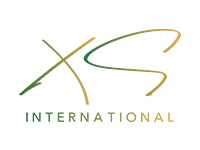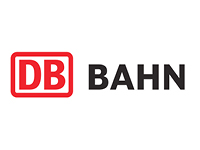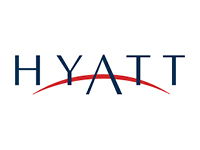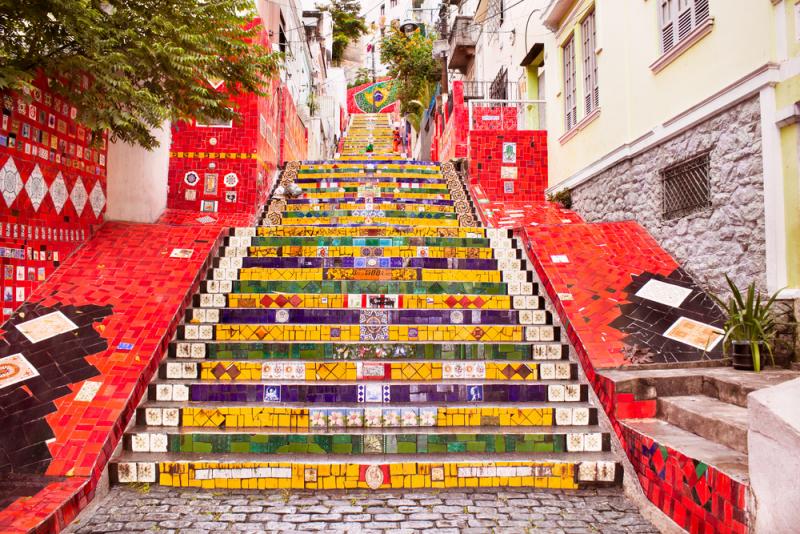
Post-pandemic travel planning: Everything you need to know about travelling to Brazil
Famous for its iconic carnival, passion for football, unique culture and diverse landscapes, Brazil has long been a popular destination, drawing in travellers from all over the globe. Pre-pandemic (2019), nearly 6.4 million people had travelled to Brazil – the third most visited country in Latin America and the Caribbean according to Statista – and there’s no doubt it still remains a top bucket list destination for many today. While COVID-19 created plenty of uncertainty around international travel, with restrictions beginning to ease, Brazil has started to attract more and more visitors once again. However, it’s still important to check the latest news and developments before you begin making travel plans.
COVID restrictions & quarantine
With COVID-19 cases on the decline, Brazil’s ‘state of emergency’ – in place since February 2020 – saw its end in April 2022, and alongside that, face masks are now no longer mandatory. It’s important to note that whilst restrictions can change at any time, they could be state-specific, so rules in São Paulo could be different to those in Rio de Janeiro. Check the news in the municipality you’re visiting for the latest rules on wearing face masks indoors and on public transport.
Municipalities in Brazil are locally-governed, and the city of San Luis was the first to be put under lockdown measures in May 2020, with others soon following suit. The situation remained fluid as the Gamma variant was first detected in Brazil in early 2021, but its major destinations began easing restrictions in August and September 2021. By October, Brazil was removed from the UK’s Red List for international travel, meaning vaccinated travellers no longer had to quarantine upon returning to the UK.
Those travelling to Brazil by either land or air, and who are fully vaccinated, do not need to provide a negative COVID-19 test before entry and instead, only need to show proof of their vaccination. This cannot be in the form of a QR-Code, and the printed or digital proof must display the official body which issued the record, the vaccine manufacturer, dates of vaccinations, and batch numbers. The vaccines that are approved for entry into Brazil are:
-
AstraZeneca-Oxford
-
Covaxin
-
Covishield
-
Johnson&Johnson
-
Pfizer-BioNTech
-
Sinovac
-
Sputnik V
If you are unvaccinated, you must show airport staff proof of a negative PCR or antigen test taken no more than 24 hours before boarding your flight.
Other vaccinations
Travellers to Brazil are advised to ensure they are up to date with routine vaccinations such as MMR (measles, mumps, and rubella) and the diphtheria-tetanus-polio vaccine. There are no absolute requirements for entry to Brazil, but travellers should be aware of the risk of yellow fever transmission. This is a viral infection that is usually transmitted via a mosquito bite, and symptoms are wide-ranging between mild and extremely serious in some cases. The vaccination is recommended for visitors to the majority of Brazilian destinations, including Brasilia, Rio de Janeiro, and São Paulo. Furthermore, most travellers are advised to get Hepatitis A and Typhoid vaccinations – viral and bacterial infections, respectively, that can be transmitted through contaminated food and water. It is recommended to seek vaccination advice from your doctor at least six-to-10 weeks before you travel to Brazil.
Visas
One-time tourist and business entry into Brazil requires no visa application for US residents, and exemption status is granted for 90 days. Travellers can request an extension of up to 90 days more, meaning they can have a maximum of 180 days stay in Brazil in a 12-month period. For multiple entries into Brazil over a two-to-10-year period, each with a 90-day stay, US residents can arrange a Business Regular or Tourist Regular Visa with Travel Visa Pro, a team of trusted travel experts who offer advice for all nationalities. UK citizens requiring one-time tourist and business entry into Brazil will also have a visa exemption for 90 days, with the ability to extend for an extra 90. Passports must be valid for a minimum of six months from the date of entry, for both US and UK travellers, and must contain at least one blank page.
General travel advice
Travellers who are keen to experience Brazil’s hottest months are recommended to visit between November and March, which also enables them to experience one of the world’s most celebrated festivals – Rio Carnival – which takes place from the 17-25 February in 2023. For slightly cooler weather, visits in September and October are ideal as travellers will still avoid the rainy season. Whether you are spending most of your time in Brazil’s urban areas or visiting its rural locations, it’s highly recommended to use mosquito repellent for the duration of your stay.
Visitors to the country should be mindful of their valuables when walking in urban centres or using public transport, particularly if they are alone. Furthermore, travellers are advised to not use the beaches – even famous ones such as Copacabana – at night, when crime is also prevalent.
Getting there
For UK flyers, British Airways offer direct flights to Rio de Janeiro and São Paolo, both of which take approximately 12 hours from London Heathrow Airport. The airline operates one flight to both destinations almost every day of the week, and flight prices are wide-ranging depending on the time of year. Return flights on an economy fare to Rio de Janeiro are as high as £1,349 per person in the UK’s summer season, but the price reduces as we enter 2023 and is available from £624 in February. Return flights to São Paolo are similar, with economy fares from £1,326 in July 2022, reducing to £646 in February 2023.
From the US, United Airlines and American Airlines offer the most frequency for direct flights to Rio de Janeiro and São Paolo. There are a number of airports that passengers can fly from, including Miami, New York, Chicago, Houston, and Atlanta, and flight times to Brazil can take between eight and 11 hours depending on the departure airport. Flight prices from the US are varied, based on the time of year and airport, and return flights on an economy fare frequently range from $1,000 to $2,000 per person.
Share this article:








